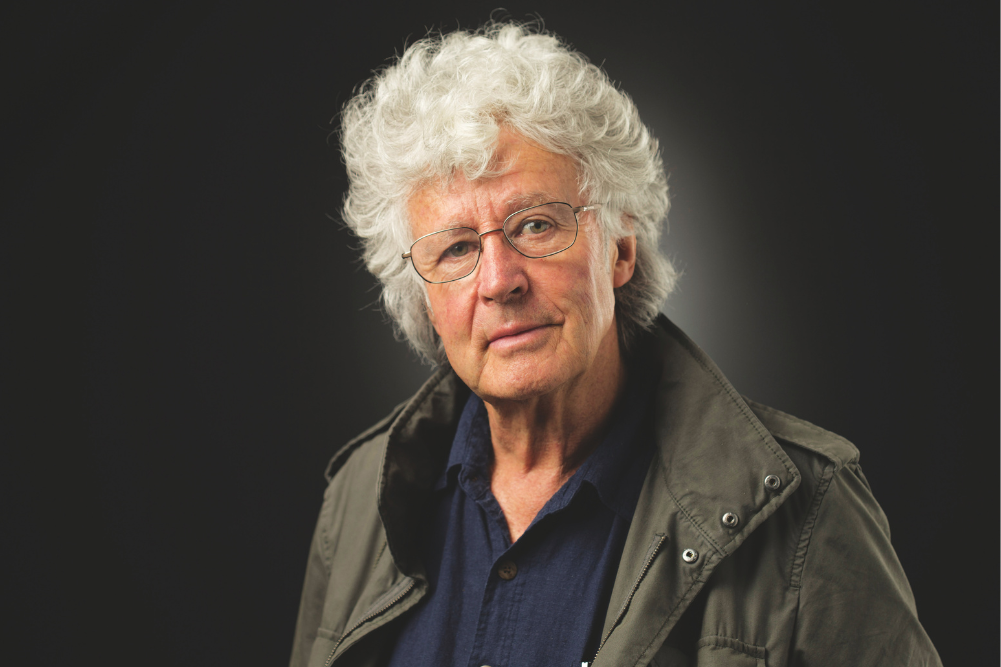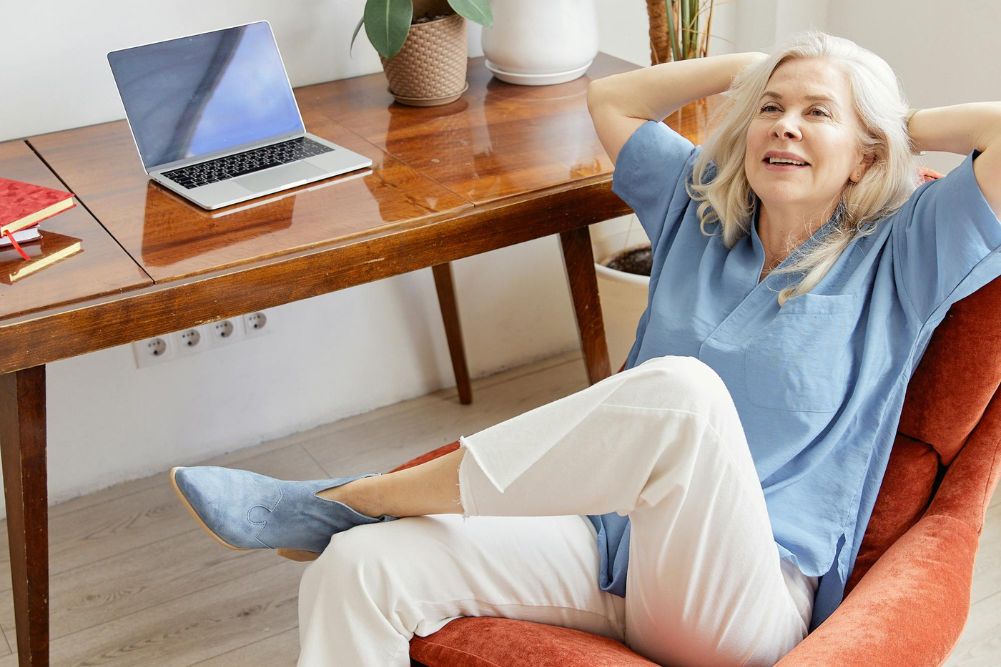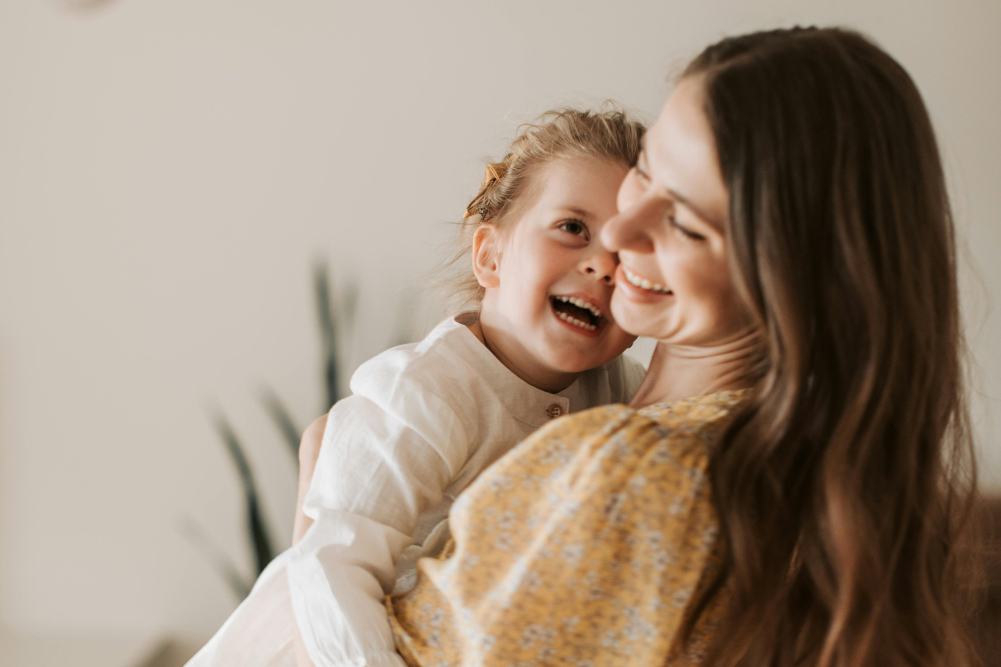Taking ownership
Michael Doran felt like everything was happening to me and around me without actually being involved. I dubbed it “cancer as a spectator sport”
In June 2016 an unwanted flu shot has uncovered a dark little scab that I am convinced is an insect bite. My GP thinks otherwise, so I have it excised and now I am back to hear the verdict. No small talk. He takes a quick look in the file and tells me, “It’s bad news. You have an aggressive and deep melanoma that needs urgent action.”
And so the journey begins, not with condolences or sympathy but a clinical diagnosis and a referral that is my ticket to whatever destination I am headed for.
So on day one I learnt my first lessons about cancer: lots of people get it, there is nothing special about my case and whatever emotions I have do not form part of the medical process; they are for me to handle. With melanoma killing around five Australians daily and over 250 new cases weekly, it’s not an exclusive club.
Soon I was at the Alfred Hospital Melanoma Clinic receiving lots of information from various specialists and discussing what the treatment options would be. The risks and outcomes of the surgical options were explored, inputs gathered and then it was time for me to decide the next step. With a spinning head I asked the senior specialist what he would tell me to do if I was his brother. I then followed his advice.
My overriding feeling was of being a bystander in the process and having to answer questions and make serious decisions without any time to stop and think about what was going on. I felt like everything was happening to me and around me without actually being involved. I dubbed it “cancer as a spectator sport”.
A few weeks after surgery I was in the outpatient clinic having stitches removed when a doctor popped his head in to say, “Results are good and we will see you in three months” — and then disappeared. I should have felt ecstatic but instead I was numb and confused. Three weeks previous I was told I had cancer and now I did not? How does that work?
I left the hospital but after a short walk returned and sought out the clinic manager. She understood my confusion and, thankfully, took the time to work through it so that when I left this time I felt more settled. The surgery had removed all signs of the melanoma — it had not spread far — and it was now a case of monitoring for any recurrence.
I realised that what was gnawing at me was the sense that I was not actually doing anything myself but leaving my recovery in the hands of the doctors. I knew I had to get involved and stop relying on everyone else to tell me what to do. I researched quality articles, absorbed all the latest thinking on cancer recovery and developed my own plan.
I wanted to do all I could to reduce the chances of melanoma returning, but if it did I needed to be in the best shape possible to fight it off — not mount a rearguard action when it was too late. I had to have my own recovery strategy and not be reliant on three-monthly checkups, living in a limbo land of panic every time a sunspot appeared.
The thinking I had was of owning my own health by moving from a starting point of complete reliance on what I was being told to taking charge of the process and devising my own recovery plan for the things I could control. I would leave all the medical decisions to the experts but everything else was mine to sort out.
My cancer event came on the back of a heart attack where I went into cardiac arrest, requiring CPR to restart me. After that there was an extensive rehabilitation program and that was what I was trying to replicate.
I discovered WellBeing, which inspired me to make changes in the key areas of health and fitness, diet and mental state. Research told me that building muscle has been shown to be beneficial in cancer treatments, so I started a gym/ weights program guided by an exercise physiologist. Muscles reappeared from under the dust of inactivity.
I looked at my diet and saw room for change. I made sure I was getting lots of protein to support growth, cut back on sugars and fatty foods, farewelled alcohol and shifted to a fresher, healthier diet. Nothing radical, but it works for me.
The mental side was not so easy to tackle but the increased exercise, better diet and sense of owning my health brought positive gains. I reduced medication and now feel able to ride the waves of doubt and fear when they appear.
Taking ownership has given a real lift to my spirits as I now feel that I am doing all I can to improve my situation and that, even if the cancer relapses, I will be better placed to overcome it. If that can’t be done, then at least I have played my part in looking after myself in a proactive way.
The major lesson I have learnt is that to get a positive outcome, both physically and mentally, I needed to feel like I was involved in the process and not just be a spectator, turning up to be told what happens next. I know that what I have done is no guarantee I will have a cancer-free future or that heart disease is banished or that I will not be hit by a bus as I cross the road.
What I do know is that by taking ownership of my wellbeing I’m in a much better place for whatever the future brings and that I can park a lot of negative emotions away in the knowledge that there’s nothing else I could be doing.
And for that I am thankful.
Michael Doran is a writer who is passionate about taking responsibility for our own health and being actively involved in the recovery process. Contact him at michael@michaeldoranwrites.com.








